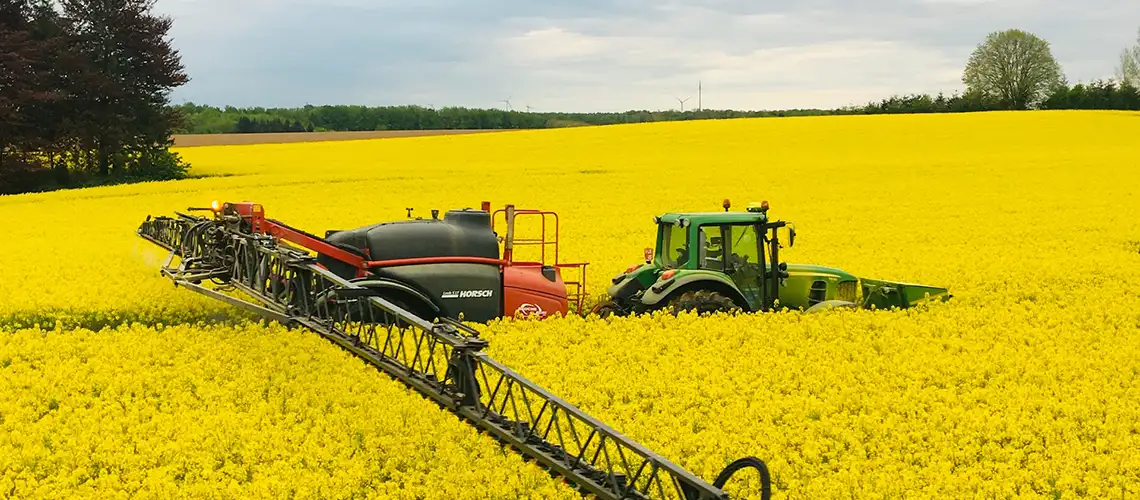Factors Impacting Rural Property Valuation
Acreage and Its Influence on Value
The size of a rural property, often measured in acreage, plays a significant role in its valuation. Larger properties in NSW can offer more potential for various uses like farming, livestock rearing, or even for leasing parts of the land.
- Location Scale of Operations: Larger acreage allows for more extensive agricultural activities, enhancing the property’s value.
- Location Land Quality: The fertility and usability of the land also affect its market value.
- Location Potential for Development: The possibility of subdividing or developing the land can add to its worth.
Evaluating Buildings and Infrastructure
The presence and condition of buildings and infrastructure on a rural property significantly impact its valuation. These can include residential dwellings, barns, stables, or irrigation systems.
- Location Condition and Age: Well-maintained and modern structures add more value than outdated or dilapidated ones.
- Location Functional Value: Buildings that enhance the operational efficiency of the farm are particularly valuable.
- Location Regulatory Compliance: Structures that comply with local regulations avoid potential legal and financial issues.
Access and Its Role in Farm Valuation
Importance of Accessibility
For a farm valuation, ease of access is a critical factor. Properties that are easily accessible by road or other means are typically valued higher due to the convenience they offer for transportation and logistics.
- Location Road Access: Good road connectivity is essential for transporting goods and accessing markets.
- Location Proximity to Services: Being close to towns or service centres can significantly increase a property’s appeal.
- Location Natural Barriers: Factors like rivers or mountains that limit access can negatively impact value.
Land Classification and Market Value
Assessing Land Class for Agribusiness Potential
In assessing a property for agribusiness purposes, the classification of the land is paramount. This involves examining soil quality, topography, and water availability.
- Location Soil Fertility: Fertile soil is essential for crop-based agribusinesses and affects valuation.
- Location Topography: The lay of the land can influence what agricultural activities are possible.
- Location Water Resources: Availability of water sources is crucial for farming and livestock rearing.
Investment Potential of Rural Properties in NSW
Evaluating Long-Term Prospects
When considering the investment potential of rural properties in NSW, it’s important to look at long-term prospects. Factors like potential for appreciation, diversification opportunities, and the stability of the agricultural sector play a crucial role.
Navigating Market Trends and Economic Factors
Keeping Abreast with Industry Dynamics
Understanding current market trends and economic factors is vital for accurate rural property valuation. This includes staying informed about commodity prices, government policies affecting agriculture, and global market trends.



